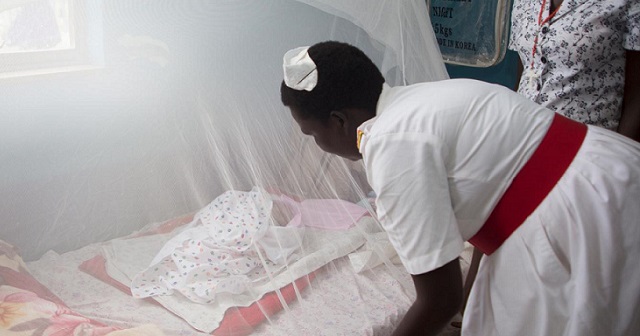
Kampala, Uganda | THE INDEPENDENT | The Ministry of Health (MOH) has expressed concern over the high levels of absenteeism of health workers in various government facilities despite enhancing their salaries.
Dr Henry Mwebesa, the Director General of Health Services, says that they recently went on a supervision tour of selected hospitals across the country and found that dedication to work has not changed despite improved remuneration.
He reveals that at a referral hospital, they found a consultant who works only twice a week and that medical interns under his supervision have to receive guidance from him using WhatsApp. While doctors’ salaries were increased from Shillings 3 million to Shillings 5.4 million, Consultants had their salaries enhanced to Shillings 12 million per month.
Mwebesa was speaking during a dissemination meeting held by researchers at Makerere University who were releasing findings of a study in which, they were analyzing how reproductive, maternal, new, and adolescent health policies are implemented in hospitals.
Dr. Emmanuel Odongo, a Researcher and Gynecologist based at Makerere University, says that in addition to doctors being absent, they found in their study, that maternal and reproductive health commodities such as medicines were not being distributed as stipulated in the policies.
He cited an example of mosquito nets that were being distributed to pregnant women at their last antenatal visit and yet according to guidelines they are supposed to get them on the first visit. He notes that some guidelines, which have already been passed by the Ministry had no monitoring and evaluation plans, and as a result, respondents revealed that they were shelved on arrival.
In addition, they revealed implementing policies is not informed by scientific evidence but rather by the views and influence of politicians. However, Jessica Nsungwa the Commissioner for Maternal and Child Health at the Ministry of Health says the non-implementation of policies should be partly planned by local governments saying when such policies and guidelines are passed, they are sent to District Health Officers but they never send them to health facilities.
On his part, Prof Charles Ibingira who was the Principal Investigator of the study says the government should ensure that they communicate the targets they want to achieve to all hospital managers and health workers as the current method of work where policies are employed in piecemeal and doctors do work with no targets will keep the country lagging.
Meanwhile, in this analysis, researchers conclude that while Uganda has made progress in achieving key indicators for maternal, child, and newborn health with the recent Uganda Demographic Health Survey putting maternal mortality rates at 189 per 100,000 live births, the status is still bad and the country will struggle to achieve the 2030 health targets.
*****
URN
 The Independent Uganda: You get the Truth we Pay the Price
The Independent Uganda: You get the Truth we Pay the Price



